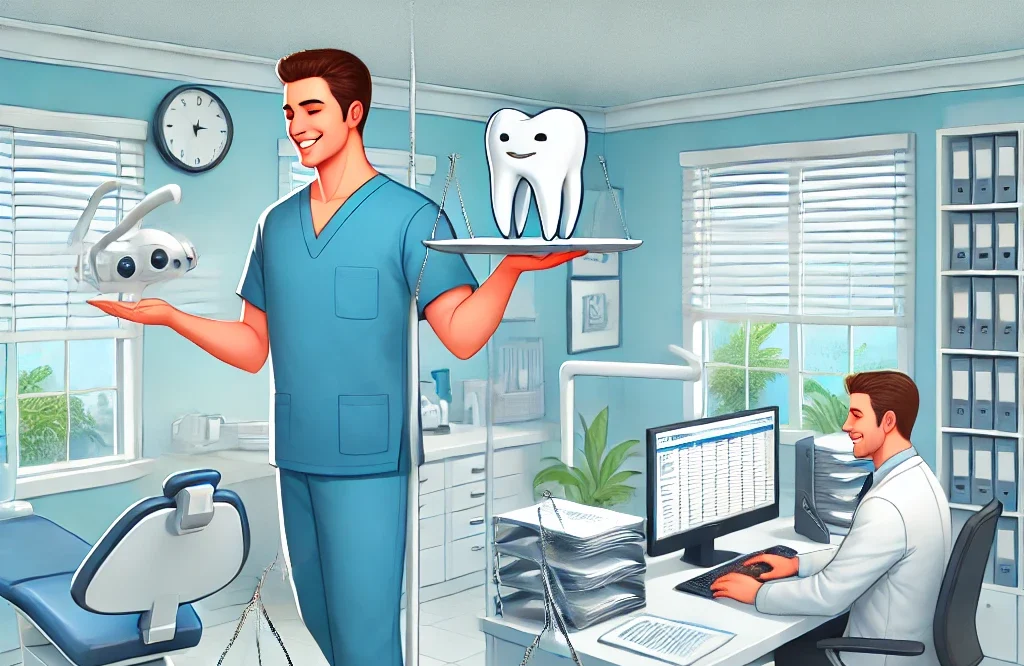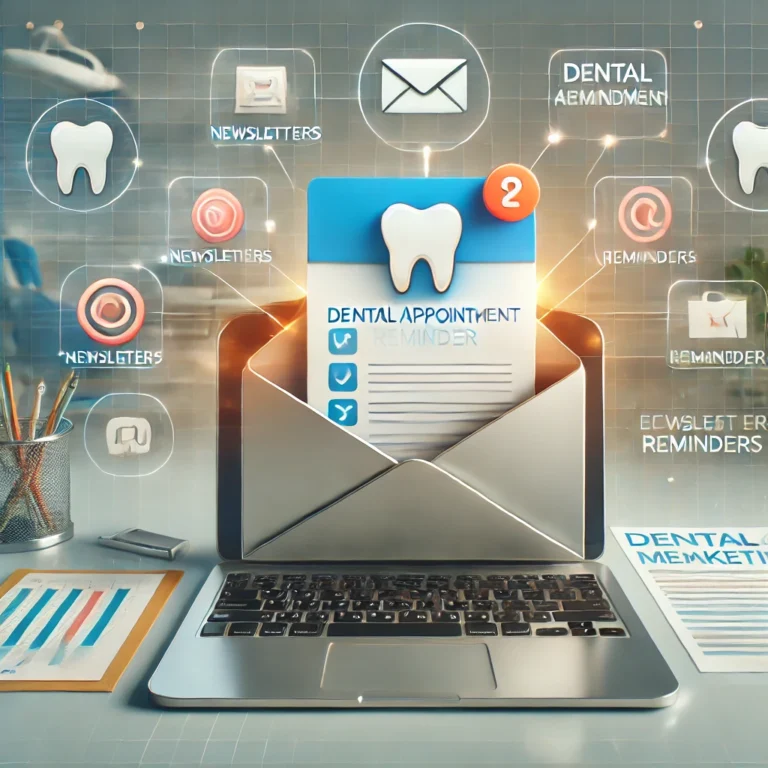
Dentists face a unique challenge—balancing hands-on patient care with the administrative demands of running a practice. Without effective time management, the risk of burnout increases, and both patient satisfaction and practice performance can suffer. By adopting smart strategies and leveraging available tools, you can stay productive without compromising the quality of care. Here’s how to achieve that balance.
Prioritize Your Daily Schedule
Each day in a dental practice presents a mix of urgent, important, and routine tasks. Knowing how to prioritize them is the first step toward managing your time effectively.
- Use Time-Blocking: Schedule specific time blocks for patient care, administrative work, and personal tasks. For instance, allocate mornings for intensive procedures when your focus is highest, and afternoons for routine check-ups or meetings.
- The Power of Planning: Begin each day by reviewing your schedule and identifying the top three priorities. Tackling these early sets a productive tone for the rest of the day.
- Delegate Low-Priority Tasks: Trust your team to handle routine but time-consuming tasks, such as confirming appointments or managing inventory.
By planning and structuring your day, you can stay in control and avoid last-minute stress.
Delegate Administrative Duties Effectively
Dentists often spend unnecessary hours on tasks that could be handled by capable staff. Delegation isn’t about relinquishing control; it’s about focusing on your strengths while empowering your team.
- Train Your Team Thoroughly: Whether it’s managing insurance claims, billing, or ordering supplies, ensure your team is well-trained and confident in their roles.
- Outsource Specialized Tasks: For technical or time-intensive tasks like bookkeeping or digital marketing, consider hiring external professionals. This frees up valuable time and ensures high-quality results.
- Regular Check-ins: Periodically review how delegated tasks are being handled. Constructive feedback ensures processes run smoothly without requiring your constant oversight.
Effective delegation not only saves time but also builds trust and efficiency within your practice.
Optimize Appointment Scheduling
An optimized schedule is critical for maintaining productivity and reducing idle time.
- Streamline Scheduling Tools: Use dental-specific scheduling software to organize appointments efficiently. Group similar procedures together to minimize room setup time and maintain a steady workflow.
- Prepare for Emergencies: Allocate buffer slots for urgent cases or unexpected delays. These “catch-up” periods prevent the rest of your day from derailing.
- Confirm Appointments in Advance: Reduce no-shows and late cancellations with automated reminders sent via text or email. A well-timed reminder increases patient accountability.
A well-structured schedule helps you focus on patient care without feeling rushed or overburdened.
Leverage Technology to Save Time
Technology can simplify and accelerate many aspects of your practice.
- Practice Management Software: Tools like Dentrix or Open Dental allow you to handle patient records, billing, and appointment management in one place. Automating these processes eliminates errors and saves hours of administrative work each week.
- Telehealth Services: Offer virtual consultations for follow-ups or minor issues. This saves time for both you and your patients while freeing up in-office appointments for more complex cases.
- Cloud-Based Solutions: Securely store patient data and documents online for easy access and collaboration with your team.
By investing in the right tools, you can focus on patient care and leave repetitive tasks to technology.
Minimize Interruptions
Interruptions can derail even the best-laid plans. Controlling your environment and setting clear boundaries can help you stay on track.
- Create Clear Protocols: Establish guidelines for when staff can interrupt you during patient care. Non-urgent matters should be deferred to designated administrative times.
- Organize Patient Flow: Ensure seamless handoffs between staff and dentists to avoid confusion or delays. For instance, a clear communication system between the front desk and treatment rooms can eliminate bottlenecks.
- Dedicated Work Periods: Set aside specific periods for focused work, whether it’s reviewing patient charts or handling administrative tasks, and communicate this to your team.
Reducing interruptions helps you maintain concentration and accomplish tasks more efficiently.
Focus on Self-Care to Maintain Productivity
Time management is also about managing your energy. Dentists who neglect self-care risk burnout, which can compromise their ability to provide quality care.
- Take Regular Breaks: Short breaks between appointments can help you recharge and maintain focus throughout the day.
- Set Realistic Expectations: Avoid overbooking yourself or taking on more than you can handle. Maintaining a manageable workload benefits both you and your patients.
- Pursue Continuing Education: Staying current with new techniques can improve efficiency in your practice, making procedures faster and more effective.
A healthy dentist is a productive dentist. Prioritizing your well-being ensures you can give your best to every patient.
Regularly Review and Adjust
Time management strategies should evolve as your practice grows and changes.
- Track Performance: Use tools or weekly reviews to identify bottlenecks or inefficiencies in your processes.
- Incorporate Staff Feedback: Your team can provide valuable insights into areas where workflows can improve.
- Adapt to Changes: Be flexible in your approach and willing to try new systems or tools that could enhance productivity.
Continual evaluation ensures your time management practices remain effective and adaptable to new challenges.
Conclusion
Balancing patient care and administrative responsibilities is an ongoing challenge, but it’s achievable with the right strategies. Prioritize your tasks, delegate effectively, optimize your schedule, and use technology to streamline operations. Equally important is taking care of yourself and regularly reviewing your processes to ensure continued success. With these practices in place, you’ll not only enhance your productivity but also provide an exceptional experience for your patients.



